Reduce, Reuse, Recycle:
Avoiding Emissions From Waste
Managing waste responsibly offers a significant opportunity to reduce greenhouse gas emissions and combat climate change.
Key Strategies for Avoided Emissions:
- Recycling: Diverting materials from landfills conserves resources and reduces energy consumption associated with virgin material extraction and processing.
- Composting: Transforming organic waste into nutrient-rich compost avoids methane emissions from landfills and promotes soil health.
- Waste Reduction: Minimizing waste generation at the source through mindful consumption and product choices significantly reduces the overall environmental footprint.
By embracing these practices, we can collectively contribute to a more sustainable future and mitigate the impact of waste on our planet.

Scope 4 GHG Emissions:
Understanding Avoided Emissions
Scope 4 GHG emissions, also known as "avoided emissions", represent the reductions in greenhouse gas emissions that occur beyond an organisations value chain.
Think of it as measuring the positive impact a product or service has on reducing emissions elsewhere.
Comparison to Other Scopes
The traditional scopes (1, 2, and 3) focus on emissions directly or indirectly associated with a company's operations and value chain. Scope 4 goes beyond that, looking at how the product itself helps avoid emissions compared to other alternatives.
Examples of Scope 4 Emissions
- An electric vehicle manufacturer would have Scope 1-3 emissions from their production process, but also Scope 4 emissions avoided by users not burning fossil fuels in traditional cars.
- A company offering remote work solutions could estimate the avoided emissions from employees not commuting to an office every day.
- An organisation that recycles its plastic waste reduces its scope 3 emissions from landfill methane gas and also scope 4 emissions from reducing the use of virgin plastics in another organisations value chain.
Scope 4 Emissions & Recycling
Ever wondered how your choices can impact the environment beyond immediate waste disposal? Scope 4 emissions offer a fascinating glimpse into this. Let's explore using the example of recycling plastic bottles.
Traditional Emissions: The Cost of Virgin Plastic
- Extraction: Fossil fuels are extracted for plastic production, releasing harmful greenhouse gases.
- Refining: Converting the extracted oil into plastic further contributes to emissions.
- Molding: Shaping the plastic into bottles generates additional emissions.
- Landfilling: Discarded bottles in landfills decompose, releasing potent methane gas.
Avoided Emissions: Recycling's Positive Impact
By recycling used plastic bottles, we can make a significant difference:
- Reduced Production Emissions: Using recycled plastic reduces the demand for virgin plastic, decreasing associated production emissions.
- Landfill Methane Avoided: Recycling diverts bottles from landfills, preventing the release of harmful methane gas.
Quantifying the Impact: Measuring Avoided Emissions
Calculating the exact avoided emissions can be complex, but various methods exist:
- Lifecycle Comparison: Comparing the emissions from producing a virgin and recycled bottle.
- Landfill Diversion Estimation: Calculating the methane emissions avoided by diverting plastic from landfills.
Benefits for Companies: Embracing Scope 4
Companies can leverage Scope 4 by:
- Beverage Companies: Offering recycled bottles demonstrates sustainability and allows claiming avoided emissions.
- Recycling Companies: Efficient operations further reduce emissions, strengthening their environmental profile.
Challenges and Considerations
While promising, Scope 4 has its challenges:
- Accurate Measurement: Complexities remain in tracking materials and accounting for various factors.
- Greenwashing Concerns: Transparency and robust data are crucial to avoid misleading claims.
Despite the challenges, incorporating Scope 4 helps companies understand the broader impact of their products and services on GHG emissions.
Conclusion: Beyond Recycling, a Broader View
Recycling plastic bottles is just one example of Scope 4's potential. This concept applies to various products and services offering opportunities for avoided emissions. Accurate measurement and transparent communication are key to maximizing the impact of Scope 4 reporting.




